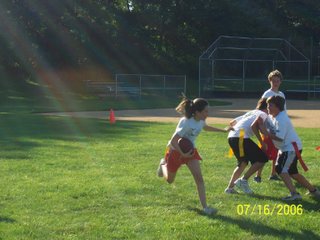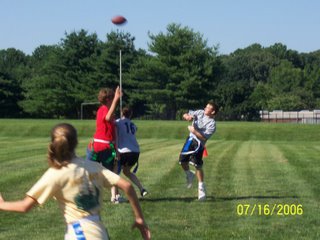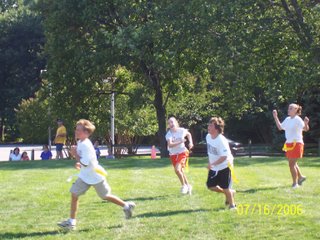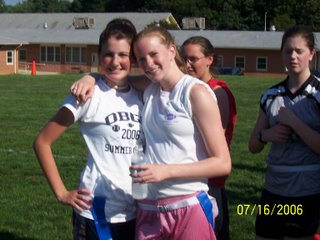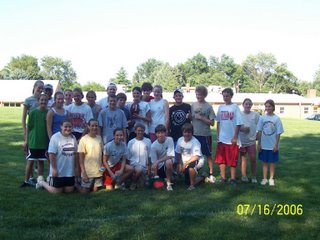17th Sunday, Ordinary - Homily
Normally, when I am giving a talk to a group about the Holy Sacrifice of the Mass and what takes place during the Mass, I can stump the group with one question: what is the moment of consecration? When do the bread and wine actually become the Body and Blood of Christ? I will reveal the answer to this group in a few minutes. Now, when we hear this Gospel, we might ask the same question…when does the multiplication of the loaves and fish actually take place? One minute we hear that there are five loaves and two fish, and the next minute…they “have their fill”.
It’s kind of like here at Mass…the multiplication of Catholics at Mass. When we processed in, there was practically no one here. And, now, as I give the homily…poof…the place is full! Nevertheless, we see many similarities with this Gospel and what takes place at Mass.
The first reading is a preview of the multiplication of the loaves and fish. They are almost identical stories; the story involving Elisha in the second book of Kings occurred 500 years Before Christ. Like all Old Testament events, it leads to and is fulfilled in the New Testament. The events of the Old Testament spoke to the people of those times, but also to the people of later times, particularly the ones who are alive during the time of the Messiah. They prepared people to recognize the Christ, so that they would proclaim him as the Messiah.
In this Gospel from John 6, we hear phrases that remind us of Holy Mass. “A large crowd” came to Christ…we, too, come in large numbers to Christ, to his altar at Mass. They brought him “five barley loaves and two fish”…we bring him bread and wine. These are all ordinary gifts of the earth, and they represent us, humanity. In fact, barley loaves were seen as the food of the poor.
He had them “recline”; he was preparing them for a meal… we prepare for this Sacred Meal by kneeling. He “took the loaves, gave thanks, and distributed them”…we hear the same words from the Last Supper accounts: “he took bread, gave thanks…and gave it to them”. The distribution of the loaves and fish is a preview to Holy Communion. They all “had their fill”…whenever we receive a gift from God, we are satisfied. “Twelve wicker baskets with fragments” were left over…twelve is a significant number because it represents the twelve Apostles. They are all there for this miracle.
Also, when God gives, He gives in abundance. They collected the fragments in the same way that we collect the fragments of the Eucharist, and store any leftover in the tabernacle so that none goes to waste. Finally, witnessing this miracle leads them to have faith. They proclaim that Christ is “the prophet, the one who is to come into the world”…how much more are we who receive the Body and Blood of Christ filled with faith to proclaim him as our God?
The main difference between this Gospel and what happens at Mass is the difference between a miracle and a sacrament. In a miracle, a change in nature takes place that our senses can pick up. The people could see that loaves and fish had been multiplied…that water had been turned into wine…that a blind person could see. But, in a sacrament, we don’t see any change. It’s not a natural change, it’s a supernatural change. We don’t see a change in the bread and wine; we only know by faith that a change takes place... Jesus says, “this is my body”.
The moment of consecration, then, is when the priest says these words of Christ…”this is my body... This is my blood”. Then, it is no longer bread, and no longer wine. That is why we ring the bells at that moment; the bells say, ‘be alert…something extraordinary is happening here’.
So, as we prepare to witness this extraordinary event in a few minutes, this amazing occurrence, we prepare to be fed by our Lord. How much more do we receive our ‘fill’ when we are filled with the Body and Blood of Christ … filled with God’s love? May we know God’s love through the Eucharist this day.


